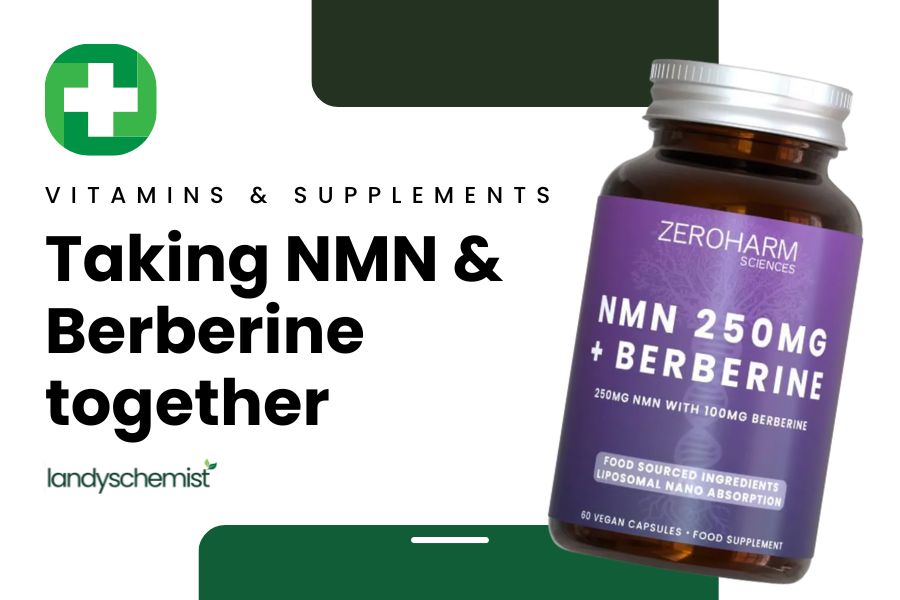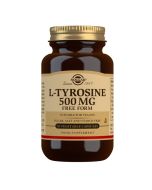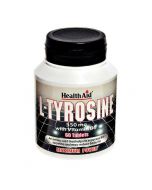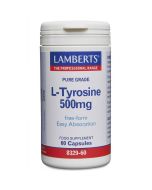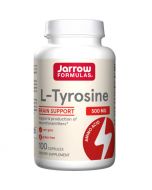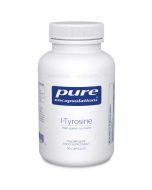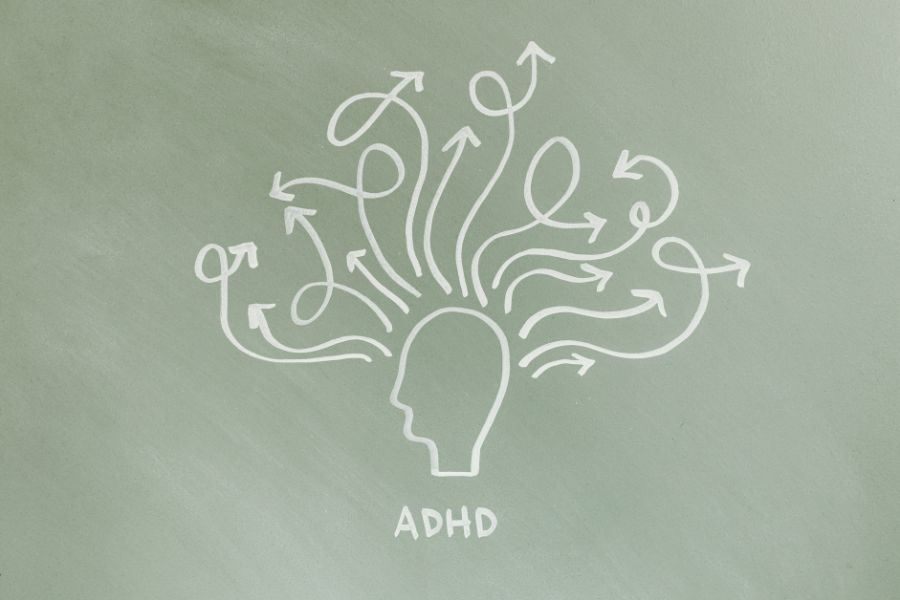
Could L-Tyrosine help with the treatment of ADHD?
What is L-Tyrosine?
L-tyrosine is a type of amino acid that the body makes from another amino acid called phenylalanine. It is naturally produced in the body but also found in certain foods such as, dairy products, meat, fish, eggs, nuts, beans, oats and wheat. It plays a crucial role in the production of neurotransmitters dopamine and norepinephrine, also known as catecholamines. It is believed to help improve focus, attention, memory, as well as alleviate the effects of stress and fatigue.
How does it work in the body?
Catecholamines can become depleted under stressful or cognitively challenging conditions resulting in anxiety, sadness and fatigue. By taking L-tyrosine supplements, they help maintain adequate levels of catecholamines, preventing depletion and avoiding the associated negative feelings.
After supplementation, L-tyrosine levels in the blood peak after one or two hours, and stay elevated for up to 8 hours. L-tyrosine then passes through the blood-brain barrier, where it is absorbed by brain cells and converted in a series of enzymatic reactions to dopamine, which can be converted to norepinephrine through the action of another enzyme. The ability of L-tyrosine to enhance catecholamine synthesis only in neurons that are actively firing may explain its ability to reverse the effects of neurotransmitter depletion during stress.
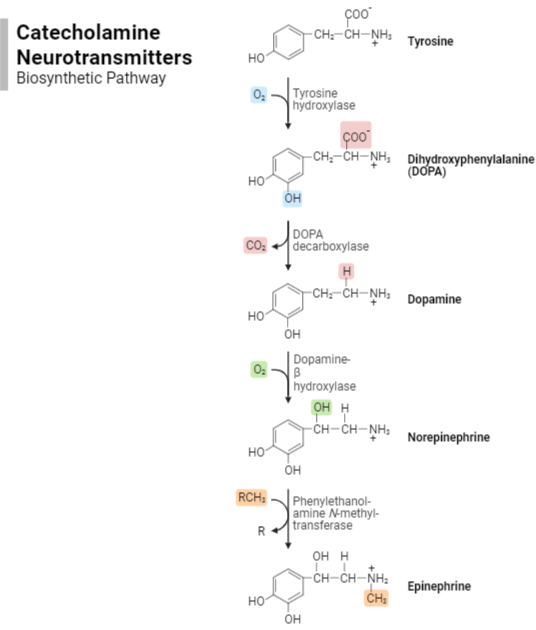
For ADHD:
Attention Deficit Hyperactivity Disorder (ADHD) is thought to have multiple potential causes, and one contributing factor is an imbalance of the neurotransmitter’s dopamine and norepinephrine. As stated previously, L-tyrosine regulates the levels of these neurotransmitters which is why it has been suggested to be a possible treatment for the symptoms of ADHD.
These are the ways L-tyrosine helps:
Dopamine Production:
L-tyrosine is a precursor to dopamine, a neurotransmitter that plays a crucial role in attention, focus and motivation. Individuals with ADHD often have lower levels of dopamine. Supplementing with l-tyrosine may support dopamine production and help improve attention and focus.
Cognitive Function:
By increasing dopamine availability, L-tyrosine may enhance cognitive function in individuals with ADHD. It may help improve working memory, executive functions and overall cognitive performance.
Stress and Fatigue Reduction:
ADHD can be associated with increased stress levels and mental fatigue. L-tyrosine is involved in the production of stress hormones, such as norepinephrine, which can help regulate the stress response and alleviate fatigue, promoting a calmer and more focused state.
Medication Support:
L-tyrosine may be used in combination with ADHD medications to enhance their effects. Stimulant medications commonly prescribed for ADHD work by increasing dopamine levels, and L-tyrosine may help support the natural production of dopamine alongside medication. If you are considering using L-tyrosine in combination with other medication, be sure to check with a healthcare professional first.
Other Benefits:
Stress Management:
As mentioned before, L-tyrosine is involved in the production of stress hormones, such as adrenaline and noradrenaline. Supplementing with l-tyrosine may help support the body’s response to stress, promote a sense of calmness, and alleviate symptoms of stress and anxiety.
Cognitive Function:
L-tyrosine is a precursor to neurotransmitters like dopamine, which play a crucial role in cognitive processes such as memory, focus and attention. Not only does it help those with ADHD but also people looking to improve their memory, focus and attention.
Mood Enhancement:
Dopamine is also associated with feelings of pleasure and well-being. L-tyrosine may support dopamine production, potentially leading to improved mood and a more positive outlook.
Energy and Alertness:
L-tyrosine is involved in the production of neurotransmitters that regulate energy levels and promote wakefulness. Supplementing with L-tyrosine may help increase alertness, mental energy and overall vitality.
Physical Performance:
L-tyrosine is believed have an ergogenic effect meaning it may enhance physical performance and exercise capacity. It may help reduce fatigue during intense exercise and support recovery.
Thyroid Function:
L-tyrosine is a key component in the synthesis of thyroid hormones. It may support the normal functioning of the thyroid gland, which plays a vital role in metabolism, energy production and hormone regulation.
Studies:
Further research is required to determine the effectiveness of L-tyrosine for ADHD. However, existing studies indicate positive effects on cognitive function and mental well-being.
https://www.sciencedirect.com/science/article/pii/S0022395615002472
https://www.catesnutrition.com/l-tyrosine-2/#mental_effects
https://www.sciencedirect.com/science/article/pii/S0091305715000945
Key Takeaways:
- L-tyrosine is essential for the production of neurotransmitters dopamine and norepinephrine, which in turn play crucial roles in attention, focus, mood and motivation.
- Although more research needs to be done, it is clear that L-tyrosine and its impacts in the body help to alleviate symptoms of ADHD.
- Whether it be cognitive functioning or mood enhancement, l-tyrosine has the potential to improve everyone’s physical and mental well-being.



